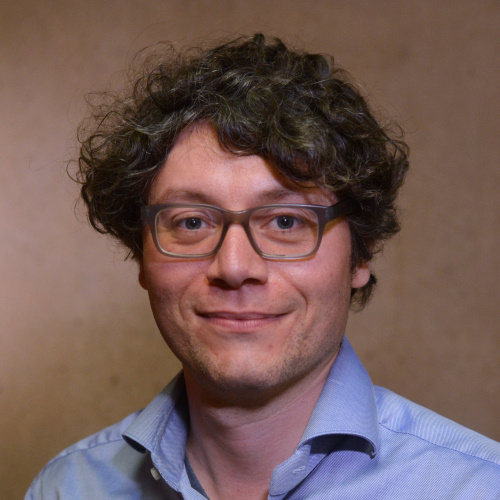Professors Marco Levorato and Stephan Mandt Receive NSF/Intel Grant for Autonomous UAVs


Computer Science Professors Marco Levorato and Stephan Mandt recently received a $450,000 award through a National Science Foundation and Intel partnership for Machine Learning for Wireless Networking Systems (MLWiNS). Their project, “Ultra-Reliable Collaborative Computing for Autonomous Unmanned Aerial Vehicles,” which will run through June 2023, aims to develop techniques to make distributed computing much more reliable in the context of UAV systems. As outlined in the project abstract, “the motion characteristics of UAVs exacerbate the instability and impairments of the wireless channel connecting them to the communication and computing infrastructure. As a result, traditional remote computing strategies may fail to provide the desired performance, especially due to the mission-critical nature of these systems.”
To address this issue, Levorato and Mandt are working to establish a layer of intelligence that offers real-time information control, transforming sensorial input into decisions. They are also creating a semantic form of neural compression to reduce the amount of data transported over weak wireless links. More specifically, they will be “designing deep reinforcement learning agents that learn to optimally communicate data across noisy channels,” and “building novel lossy compression algorithms based on probabilistic deep learning that are specifically designed for distributed machine learning without a human in the loop.”
Their research should help as UAVs play an increasing role in areas such as urban and infrastructure monitoring, precision agriculture and delivery services.
— Shani Murray